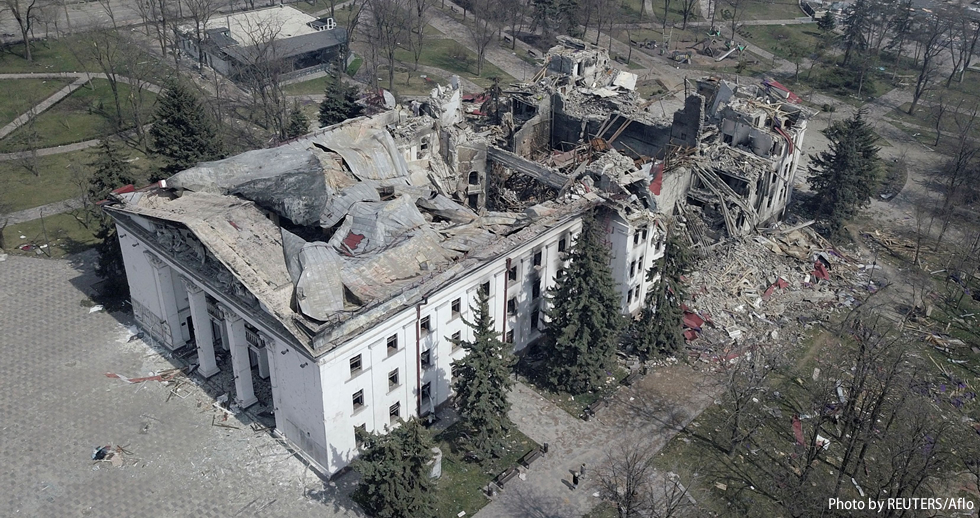In response to Russia's invasion of Ukraine which began in February, the Ukrainian forces, with military support from Western countries, launched a large-scale counteroffensive in the summer. Russia unilaterally declared the annexation of four provinces in eastern and southern Ukraine in September, and since October it has been escalating the war, including carrying out missile attacks on Ukrainian cities, without a clear exit strategy.
Western nations, strongly determined not to allow the status quo to be changed by force, have deepened their unity and coordination through frameworks based on common values such as the G7, NATO and the EU, and swiftly launched unprecedented economic sanctions against Russia and support for Ukraine. Many Western countries, including Japan, have also made major shifts in their own security policies. Economic sanctions have had no significant short-term impact on Russian politics and society, and support for President Vladimir Putin remains high, helped by restrictions on the freedom of speech, and the path to an end to the war in Ukraine remains unclear. Meanwhile, Western countries are facing instability in energy supplies and inflation, partly due to sanctions and Russia's "weaponization of resources," the impact of which on domestic politics has become apparent. Amid this situation, the sustainability of their support for Ukraine and the resilience of their democracies are being tested. Many developing countries are trying to protect their national interests as they suffer the effects of a rapidly deteriorating food and energy situation arising from the conflict and monetary tightening by developed countries, while they were recovering from the COVID-19 pandemic.
| 【Part 2】Impact of the War in Ukraine | (1) Politics and Security 15:00-16:30(JST) Tuesday, Feb. 21 (online) (2) Economy 16:45-18:15(JST) Tuesday, Feb. 21 (online) |



